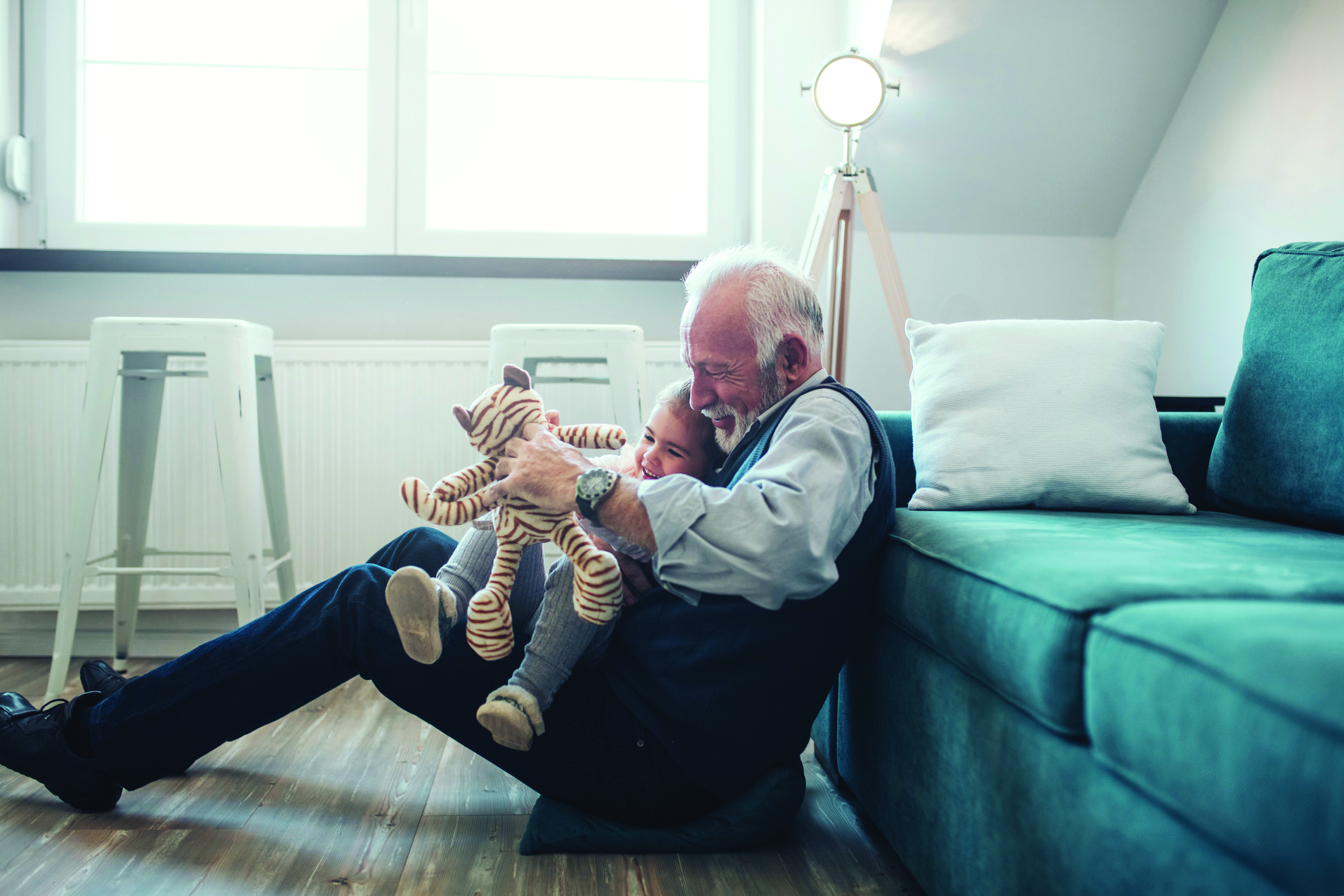Melissa Horvath-Lucid’s mother wanted to leave a lasting legacy: less stuff. “After my mom was diagnosed with terminal cancer, she started to give away more and more things,” says the 39-year-old. Then Horvath-Lucid’s grandfather died, and her mother was traumatized by the responsibility of clearing out his large five-bedroom home. He had been a hoarder.
That experience made Horvath-Lucid determined to pare down her own possessions. After watching Minimalism: A Documentary About the Important Things, she adopted a new mantra: “Does it bring me joy? Does it have a purpose? If the answer was no, I got rid of it.” She and her husband, who have a blended family of five children in Waterloo, Ont., held three garage sales and made regular trips to thrift stores with donations. She says simple living has made her “more peaceful, more clear about intention, more confident and more connected in my relationships.”
The idea of paring down has long held appeal for everyone from the Quakers to hippies — and the call to avoid the possession trap is especially relevant during this season of excess. “Simplify, simplify, simplify,” urged the philosopher Henry David Thoreau. The Bible also warns that materialism can be a stumbling block to a meaningful life: “There is one who pretends to be rich, but has nothing; Another pretends to be poor, but has great wealth” (Proverbs 13:7). Even the Grinch was on board: “‘Maybe Christmas,’ he thought, ‘doesn’t come from a store.’”
Now minimalism is entering the mainstream, driven in part by economic turmoil and environmental concerns, as a loud chorus of voices challenges mindless consumerism. Bestselling books, such as The Life-Changing Magic of Tidying Up and The Year of Less, promise a sense of calm if you just clear the clutter. Simple living blogs, such as The Minimalists and Be More with Less, boast millions of followers. The popularity of paring down is seen in everything from the tiny house movement to Project 333, which challenges people to wear only 33 articles of clothing for three months.
Some critics see minimalism as a trendy, elitist design aesthetic that promotes perfectly curated homes and wardrobes — not an option for the many who struggle in poverty. But there’s evidence that willingly giving up stuff results in greater life satisfaction. Tim Kasser, a psychology professor in Illinois who studies materialism, found those who opted for simplicity put a greater focus on “personal growth, their family or spirituality.”
Horvath-Lucid says decluttering her home led to other, more profound, changes, too. She cut back on her 60-hour work weeks, put away her phone each evening and made it a priority to schedule alone time, couple time and family activities every Sunday. She also got a dog, Walter. “I thought I was too busy for a dog, but Walter is another example of making space for things I really enjoy,” she says. “Letting go of physical stuff became a deeper practice of thinking about how I’m really living my life.”
A line in Mary Oliver’s The Summer Day poem — “What is it you plan to do with your one wild and precious life?” — inspires Horvath-Lucid to keep whittling away at the superfluous in search of the sublime. “Watching my mom pass away has shown me that life can be short and unpredictable. I want to create the space in my life to fill it with the things that are the most important.”
This story was originally featured in The United Church Observer’s December 2018 edition with the title “When less is more.”















